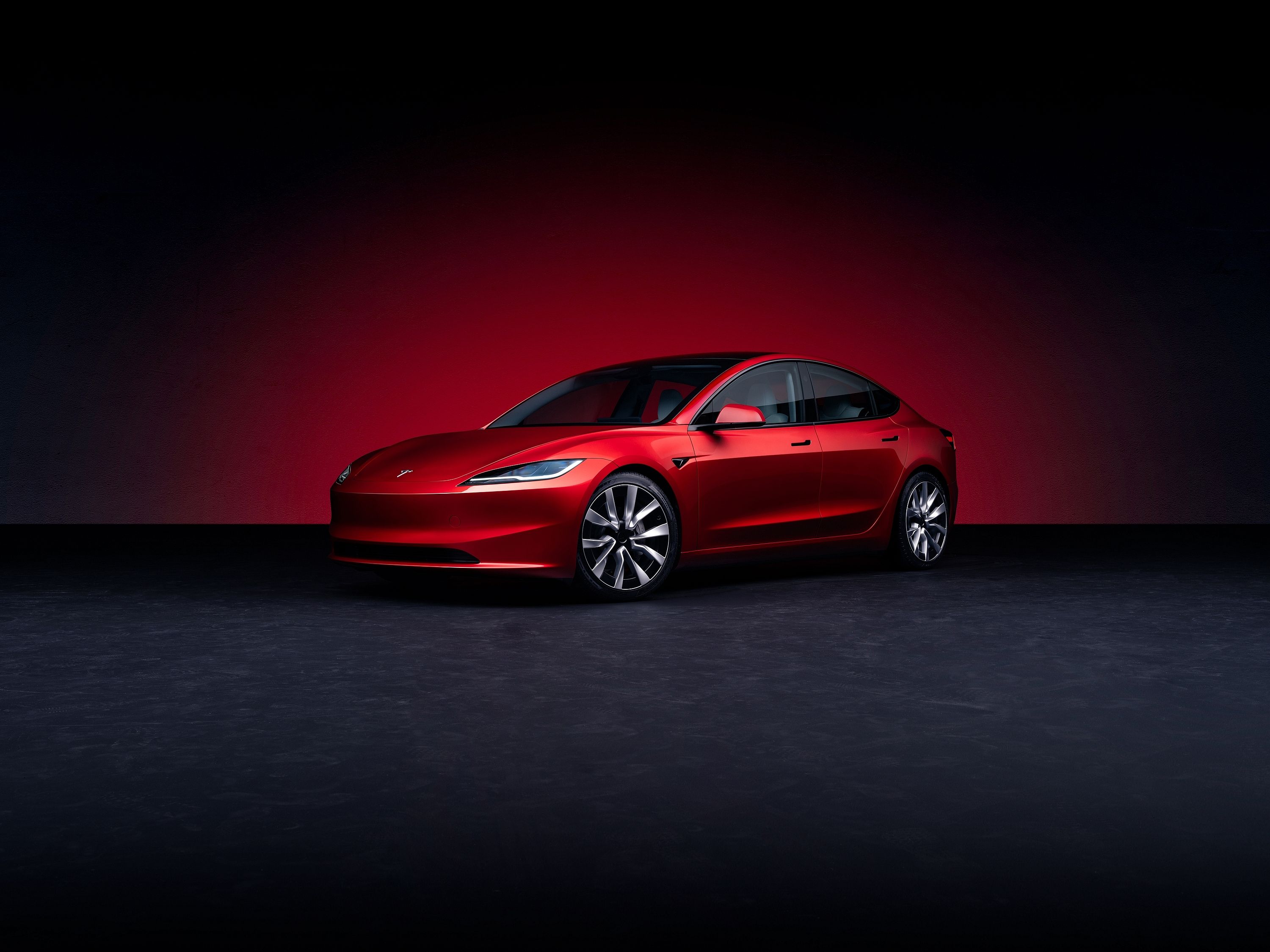
Although it's taken several years, mainstream automakers are finally catching up to Tesla, at least when it comes to all-electric vehicles. The Ford Mustang Mach-E and Porsche Taycan are just two examples. And now the world's two biggest automakers have a new problem in the race against Tesla: their electronics technology is lagging behind. The Nikkei Asian Review recently completed a teardown of a Tesla Model 3, currently the least expensive Tesla vehicle on the market. The engineers taking part in the teardown soon focused on the Model 3's integrated central control unit, also known as Hardware 3.
Not only is this technology years ahead of anything from VW and Toyota, but it can also potentially seriously disrupt the auto industry supply chain. In short, Hardware 3 is Tesla's best and most fierce weapon against its rivals. Upon further examining the computer, an engineer from a major Japanese automaker stated: "We cannot do it."
Bear in mind this module is also found in the Model S and Model X. It contains two custom AI chips developed in-house by Tesla. Even the software was engineered alone by Tesla. But why is this computer so vital? It powers and controls the vehicles' self-driving capabilities and infotainment systems. This computer is extremely powerful and capable of holding heavy data loads. Equally and, perhaps, even more important, it can handle the massive amount of data required for autonomous cars. Some experts claim it could take another six years for rival brands to catch up.
However, both VW and Toyota have vast financial resources and, as usual, money can buy just about anything. So what's holding them back? Why don't they each have teams of software and hardware engineers working around the clock to get the job done? The answer goes back to the issue of suppliers.
You see, Hardware 3, or any rivaling system, is so advanced it renders obsolete a good chunk of the parts supply chain that's been established by mainstream automakers over decades. Vehicle control units and numerous other components built by suppliers will not be needed. Millions of jobs are at stake, not to mention the very survival of the suppliers themselves.
Toyota and VW, rightly so, feel committed to these suppliers. Tesla, on the other hand, because it's young and extremely innovative, does not have such a commitment. It doesn't even use these suppliers, but instead maintains extremely tight control over nearly every single vehicle component. Tesla is also in a unique position to continue evolving its "over the air" software updates without involving outside vendors. Ripping apart a Model 3 proved, once again, Tesla is changing the rules. Only this time, its mainstream competitors can't necessarily buy their way to success.
